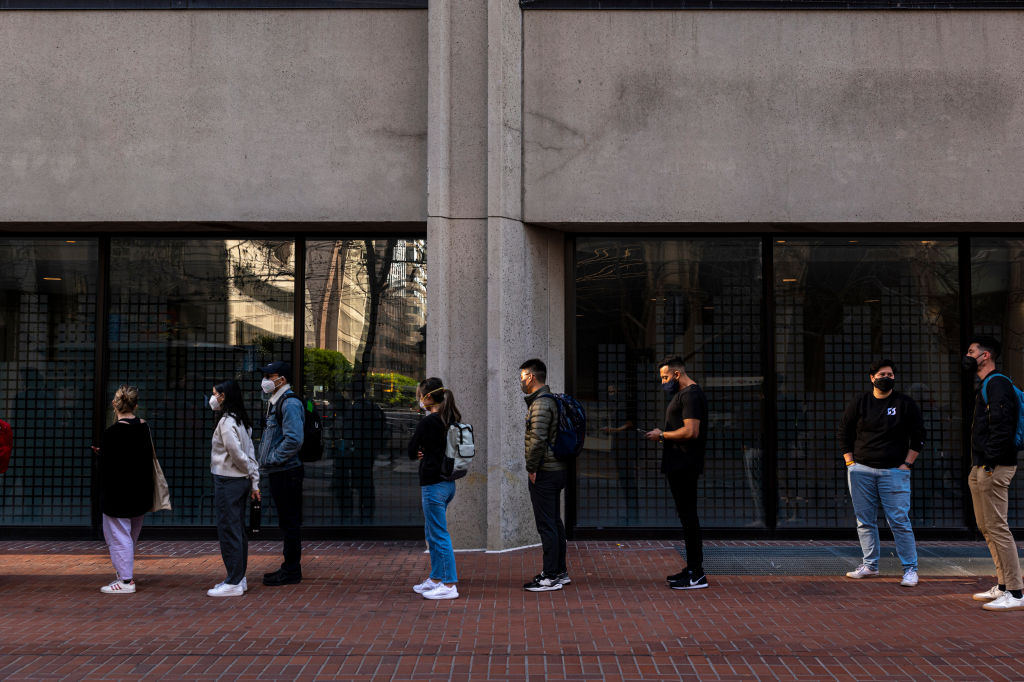Roughly 6 in 10 Republicans, 4 in 10 Democrats say they've had COVID


A free daily email with the biggest news stories of the day – and the best features from TheWeek.com
You are now subscribed
Your newsletter sign-up was successful
New milestone, just dropped.
According to a new Monmouth University poll, a majority of Americans — 52 percent — now say they've contracted COVID-19, The Washington Post reports. In January, that number was at 40 percent.
More specifically, the new poll found that just over 4 in 10 Americans said they'd tested positive or had been definitively diagnosed with the virus, while 10 percent said they weren't diagnosed but know they had it.
The Week
Escape your echo chamber. Get the facts behind the news, plus analysis from multiple perspectives.

Sign up for The Week's Free Newsletters
From our morning news briefing to a weekly Good News Newsletter, get the best of The Week delivered directly to your inbox.
From our morning news briefing to a weekly Good News Newsletter, get the best of The Week delivered directly to your inbox.
Notably, this "appears to be the first poll to show a majority of Americans saying they've been infected at some point," the Post writes. In August, a Pew Research Center poll found that 30 percent of Americans said they'd either definitively tested positive or felt "pretty sure" they'd had it. In August of 2020, just 14 percent reported as such.
On a partisan level, roughly 57 percent of Republicans said they've contracted COVID, versus 38 percent of Democrats, the Post writes per the poll. In January, "those numbers were 50 percent and 28 percent, respectively."
Read more at The Washington Post.
A free daily email with the biggest news stories of the day – and the best features from TheWeek.com
Brigid Kennedy worked at The Week from 2021 to 2023 as a staff writer, junior editor and then story editor, with an interest in U.S. politics, the economy and the music industry.
